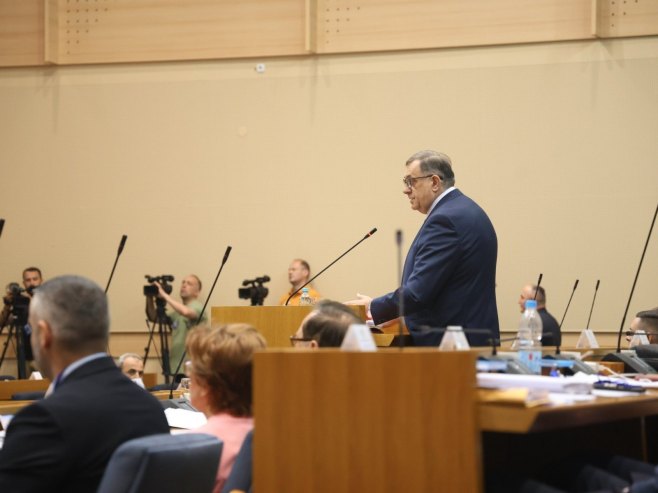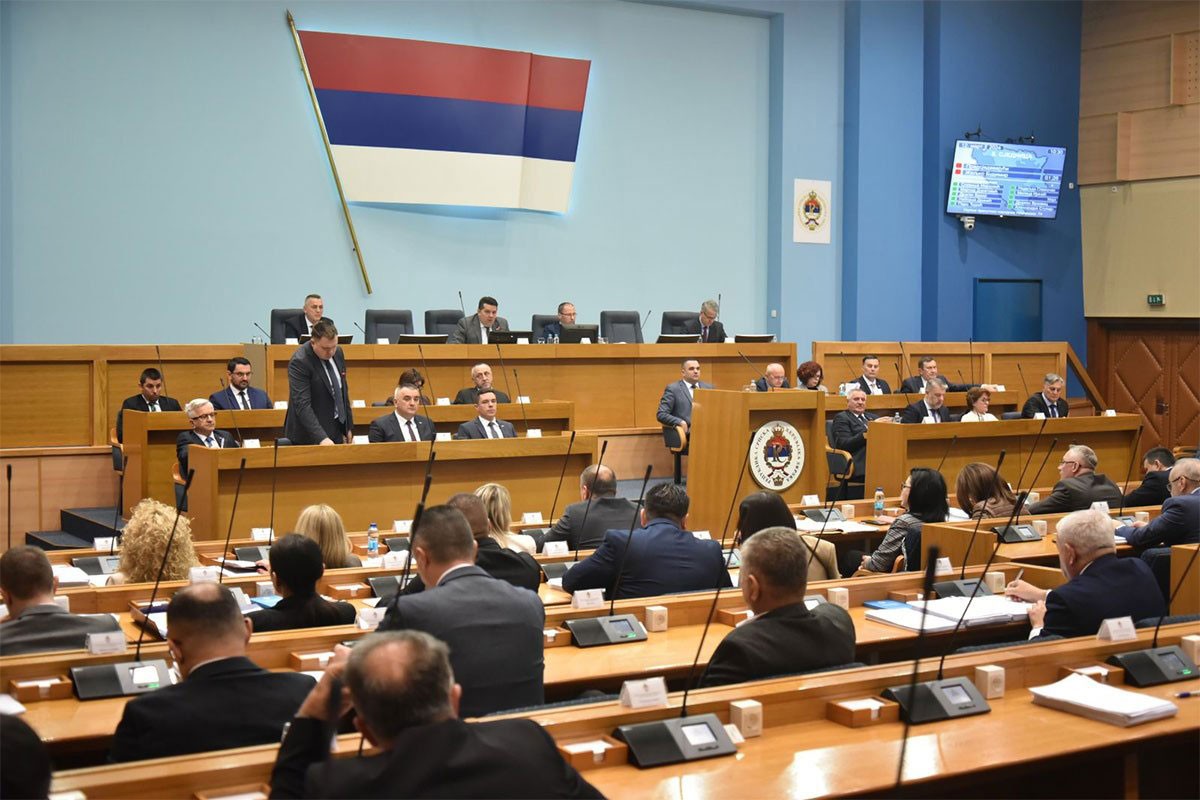In the Constitution of Bosnia and Herzegovina, there is an article that clearly states judges serve until the age of seventy. The idea that they unconstitutionally continue working after turning seventy clearly shows that the remaining judges of that court and their foreign mentors are ready to drastically breach the Constitution of BiH by continuing its misuse against the Dayton Peace Agreement and Bosnia and Herzegovina as a whole, stated lawyer Ognjen Tadić to Glas Srpske, commenting on the recommendations of the Venice Commission, which considered at a session held on March 15 and 16 what steps the Constitutional Court of BiH could take to prevent complete paralysis in its functioning.
They proposed several steps, among which the most significant are extending the mandate of judges after they reach 70 years of age and changes in the voting method – to stipulate that decisions henceforth be made by a majority of the votes of the present judges, meaning no longer will five votes be necessary, but four or three could suffice.
According to Tadić, it is now clear how sincere and correct Republika Srpska was when it claimed that its decisions and views aimed to protect BiH, the Constitutional Court of BiH, and itself from those using this body with the goal of demolishing the Dayton Peace Agreement.
“All that foreigners are doing is simply an attempt to escape from the unambiguous legal norm of the BiH Constitution which states that the Constitutional Court of BiH has nine members, without whose adherence the court cannot perform its constitutional duties. As in any theater of the absurd, so in this one, this tragic play will end in silence, and the last in the theater will turn off the light,” Tadić conveyed.
Former judge of the Constitutional Court of BiH, Vitomir Popović, states that the Venice Commission is not a body that makes binding decisions but only gives recommendations that are often of a political nature.
He believes this aims to support what Bosniaks have long insisted on, which is for this court to make decisions by a simple majority in relation to the number of present judges who vote. This is not possible in BiH, he says, because it has often been shown here that the Constitutional Court wants to completely reconstruct the internal constitutional structure and change the political order in BiH.
Source: RTRS









